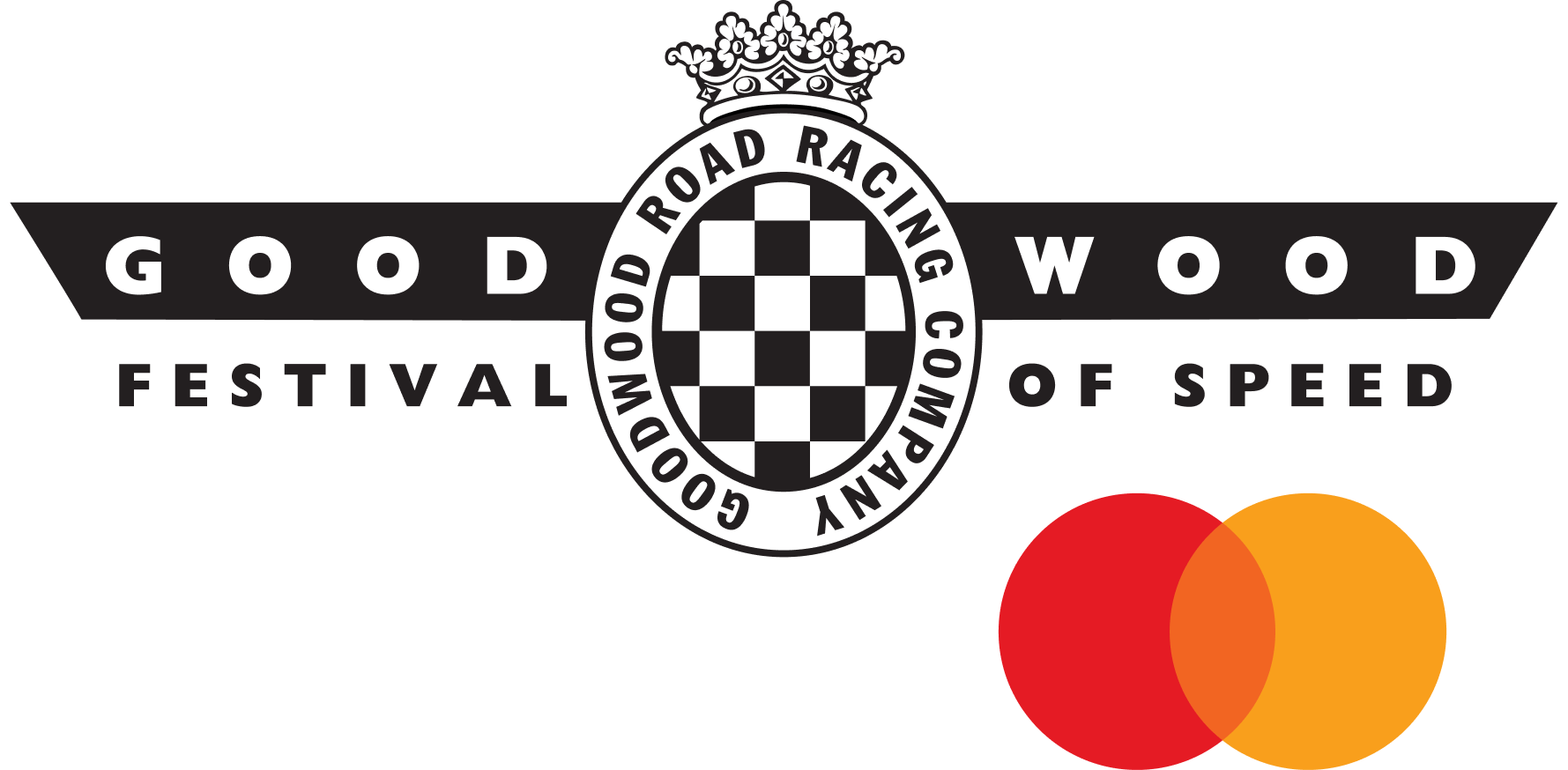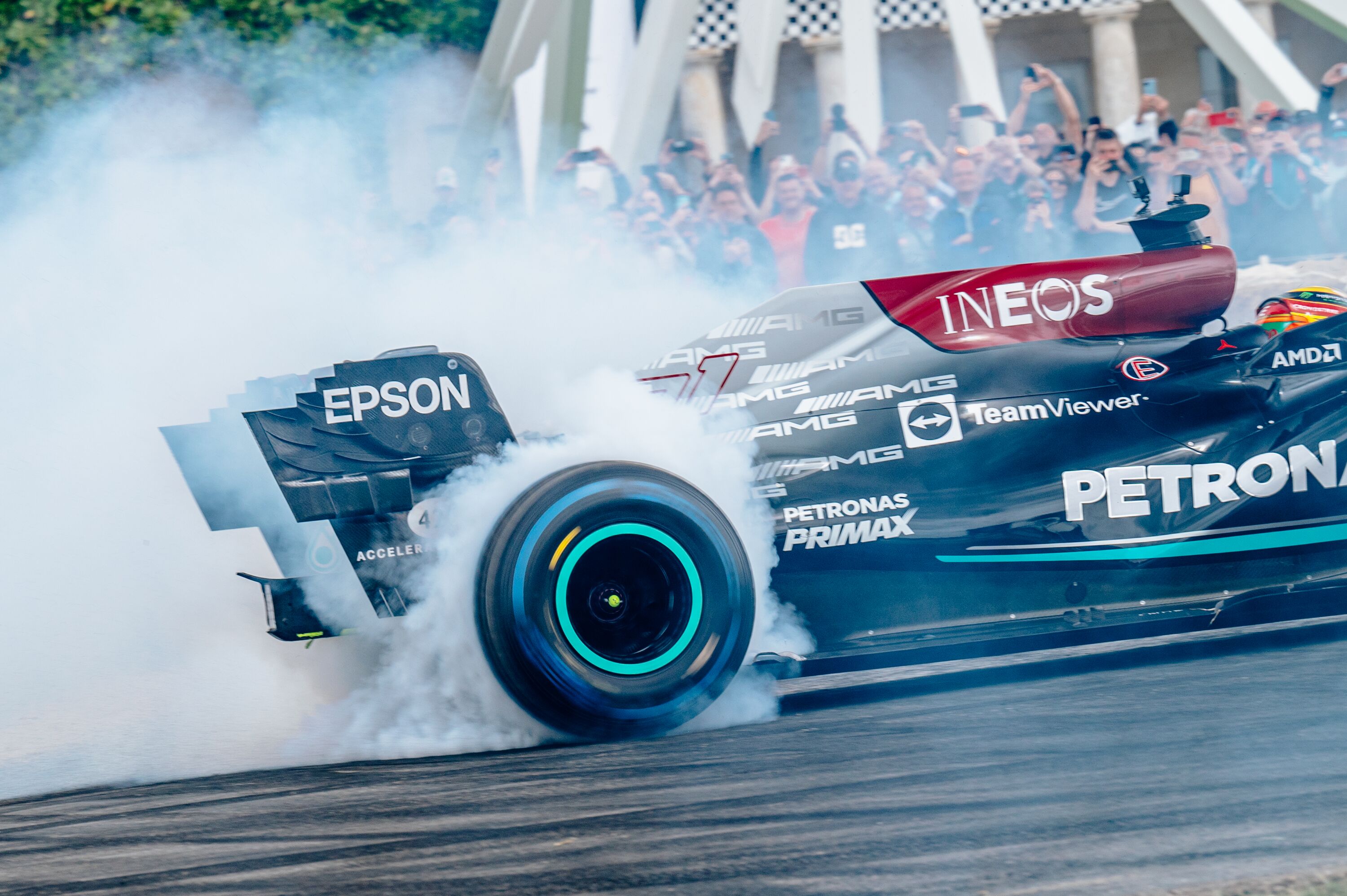The 10 best American supercars ever made
America is to supercars what Italy is to cheeseburgers. One simply isn’t usually associated with the other… or is it? As it happens the good folks over in the land of the free have had a crack or two at building something to beat the finest exotica from Britain, Germany and Italy, with mixed success. Let’s count down the best of them.

Vector W8
For the folks in Sant’ Agata Bolognese who pride themselves in producing the world’s most outrageous supercars, this one’s going to hurt. But it’s the truth. The Vector W8, an American supercar, made the Lamborghini Diablo look boring. This aerospace-inspired monster of a wedge might just be one of the most striking supercars ever made. Ask us if it was good. It wasn’t. Fast when working? Very much so. The Rodeck 6.0-litre twin-turbo V8 produced 625PS (466kW) as standard, though with tweaked boost pressure, could produce a maximum of 1,200PS (895kW) reliably.
The weird catch was that all that performance went through a turbo-hydramatic three-speed automatic from General Motors. The top speed was allegedly 242mph, with 0-60mph claimed in 3.9 seconds. Neither were exactly verified. The inside too is very fighter plane inspired, with lots of controls and dials borrowing both directly and indirectly from contemporary jets. So if the Vector was not exactly great, why is it on the list of best American supercars? Because being a supercar means looking absolutely crazy. On that front, Vector understood the assignment. We reckon its looks more than make up for other shortcomings.

Saleen S7
No, Hennessey was not in fact the first tuner to try its hand at making a full-on car. That honour goes to Saleen, with the S7. Previously a tuner of Mustangs, the S7 was a collaborative effort from Saleen, RML and Phil Frank. The former handled powertrain, RLM the chassis suspension and aero and the latter most of the aesthetic design work. True to Saleen’s Ford origins, the S7 used 7.0-litre Ford Windsor V8s in both 558PS (410kW) naturally-aspirated guise and 760PS (559kW) twin-turbo guise. The carbon-fibre body was very much inspired by the slippery McLaren F1 GT, allowing for a similarly heady top speed.
Unlike the Vector the Saleen is a proven missile performance-wise. Even the naturally-aspirated version is rated for 0-60mph in under three seconds and a top speed of 240mph. The Twin Turbo will crack 248mph. Subsequent Competition and LM packages increased output up to 1,014PS (746kW) and 1,300PS (969kW) respectively. Strewth!

Ford GT (2005)
What is probably the definitive American supercar of the 21st century so far, is the Ford GT (2005). Designed as a 100th birthday present to itself, the GT resembled the 1966 Le Mans winner in all the best ways, while harnessing cutting-edge aerodynamics, engineering and materials to create a truly stand-out modern supercar.
With some choice picks from the Aston Martin parts bin and with Lotus on hand to aid development, it’s no wonder the GT was beloved by experts the world over. Excellent steering, well-judged chassis and damping, a slick gear shift from its Ricardo six-speed box and its charismatic supercharged V8 are particular highlights. Producing 550PS (404kW), it was good for over 205mph and got from 0-62mph in 3.8 seconds. A shortened supercharged pulley and revised exhaust made the ultra-exclusive pop-top GTX1 variant good for 750PS (551kW). From a proper OEM it might have been, but still with a bit of that American hot-rodding spirit.

Ford GT (2017)
Of course, there are two Ford GTs that have been launched in the last 20 years, aren’t there? The most recent was a homologation car for a GTE racer, with the Ecoboost V6-powered carbon-tubbed supercar taking class victory at Le Mans in 2016, 50 years on from the GT40’s 1-2-3. It looked incredible, it served its purpose but, by most accounts, wasn’t anything like the excellent road car that its predecessor was. Unsurprising, given it was built almost purely for racing…

Hennessey Venom
Following in the footsteps of Steve Saleen in 2007 was John Hennessey, of Hennessey Performance. Having spent a good few years building turbo kits for Dodge Vipers, he then had the bright idea of bolting a 1,000PS (735kW) V8 to a Lotus Exige chassis and bloating out its bodywork. The finished product was called the Venom GT and actually had 1,200PS (882kW), a carbon-fibre body and the aforementioned excellent Ford GT manual gearbox. Yes, it very much resembled an Exige but it looked pretty awesome all the same. Plus, beneath the skin was a very serious and weirdly well-developed car.
It certainly laid the groundwork for the follow-up F5 model, a future pretender to the 300mph+ VMAX throne that’s much more bespoke in design than the Venom GT. Let’s see if it can deliver on its promises. The Venom GT did all it needed to do, besting the Bugatti Veyron SuperSport in 2014 to a 270mph top speed.

Panoz Esperante GTR-1
What’s a best supercars list without, where available, a GT1 homologation hack job? While the most famous examples come from the Germans, America’s Panoz had a crack too. Feast your eyes on the GTR-1, a front-engined GT1 car no less. This, because Don Panoz insisted the marque’s FIA GT Championship entry bear a relation to its Esperante sportscar. Though its full name was Esperante GTR-1, this machine shares very little with the little-known American sports car beyond styling elements.
Just two road-going versions were built to satisfy homologation requirements, with two seats, a trimmed interior and a more refined 5.3-litre V8 engine taking the place of the Roush racing 6.0-litre in the racer. It retains the enormous carbon body elements that can be removed to reveal a very skeletal prototype-esque carbon structure. Why is it one of America’s best supercars? A GT1 association to our supercar lists is what a Black Card is to Nandos.

Dodge Viper
Back to something that’s a bit more conventional, if that’s not entirely the wrong word for the Dodge Viper. We’d argue this was America’s first proper supercar. Yes, the Vector came beforehand but it was hardly a rival to the likes of Ferrari or Lamborghini volume or competency wise. Contrary, the Viper, while “barn door”, was a serious car on release in 1991. With a 406PS (298kW) 8.0-litre V10 and weighing just 1,490kg, the original Viper was one of the fastest cars money could buy in the early 1990s.
Fast forward through the years and subsequent power bumps through the 400s, to 507PS (372kW) for the second-generation and into the 600PS (441kW) numbers, there was never any doubting its status alongside the Ford GT as a true American supercar. In its final ACR form, its 8.4-litre V10 produced 654PS (481kW) and had just 47kg extra over the 1991 original to shift. Monster aero and road-warping tyres make its 7:01 at the Nürburgring entirely unsurprising. Oh how we miss it…

SSC Ultimate Aero
Shelby Super Cars – not related to Carroll’s outfit – has been producing carbon clad wedge-shaped speed machines for a long time now. While SSC’s Tuatara has been at the heart of controversy in recent years, over what speed it’s truly capable of, there was never any doubt about the potency of its predecessor. There we were in 2005, all giddy about the enormity of the Bugatti Veyron’s 253mph achievement, when SSC came along bumped it. The Ultimate Aero was proof the ultimate speed wasn’t as impossible as the bods at Bug had made it seem. Granted, it needed a twin-turbo Chevrolet V8, producing 1,200PS (882kW), to do it. But do it it did, cracking 254mph as a two-way average in the Nevada desert.
It was also several hundred kilograms lighter than the hefty Veyron, though needless to say, it didn’t have anything like the Ground Tourer refinement of Piech’s hypercar rulebook re-write. Still, the Ultimate Aero is, we think, a quintessential American supercar, being as it is mostly built for all-out straight-line performance. Let’s hope its successor can at some point prove its true potential…

SCG 004
From a quintessentially American supercar, to an American take on a classically European supercar. Meet Jim Glickenhaus. He’s one of the world’s most prolific collectors, turned racer and manufacturer. SCG’s decade-plus of endurance racing experience, most recently adding to the Le Mans Hypercar roster, has led to it producing its own road cars.
This is the 004, an analogue mid-engined supercar. While the engine is very American – a Corvette supercharged V8 – it looks very traditionally European, as does the cabin. It’s no secret Jim’s passion for historic Ferraris influences the stylistic direction his cars take. Much more European too is the fact that connected to that 640PS (485kW) V8 is a six-speed manual gearbox with a gated shift. Yes, of a type we once saw in Lamborghinis and Ferraris, but no more. Sounds good to us, though if you want Corvette power amidships, these days you can go straight to the source…

Corvette C8 Z06
The debate about whether a Corvette is a supercar has raged for some time, especially regarding the faster versions. At various points throughout its history, faster Corvette offerings have been among the fastest cars on the road. But they were front-engined, affordable, more plastic fantastic than exotic delight inside. They also by and large used very barn-door less-than-exotic V8 engines, C4 ZR1 notwithstanding.
Now though, the Corvette is mid-engined – a move in the right direction for supercar status. Even with over 500PS, though, the standard ‘Stingray’ still feels more Porsche 911 than Ferrari F8. That’s where the Z06 comes in, with a dual-overhead-cam 679PS (499kW) 5.5-litre naturally-aspirated V8 that channels the spirit of the Ferrari 458. As it screams up to 8,600rpm, you’re in a cabin of high-quality leather, carbon fibre and alcantara. The dynamics are razor-sharp and the controls well-weighted. Close your eyes and you could be in Maranello and not Kentucky. All signs point to the C8 Z06 not only having supercar status, but possibly being one of the very best yet made.
America can build supercars and on the evidence of some on this list, can on occasion, beat the best at the game. What’s your favourite American supercar? Are there any we missed? Let us know…
SCG image by Dominic James
list
Ford GT
Dodge
Viper
Chevrolet
Corvette
Hennessey
SSC
Saleen
Vector
Panoz































































